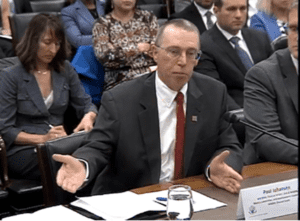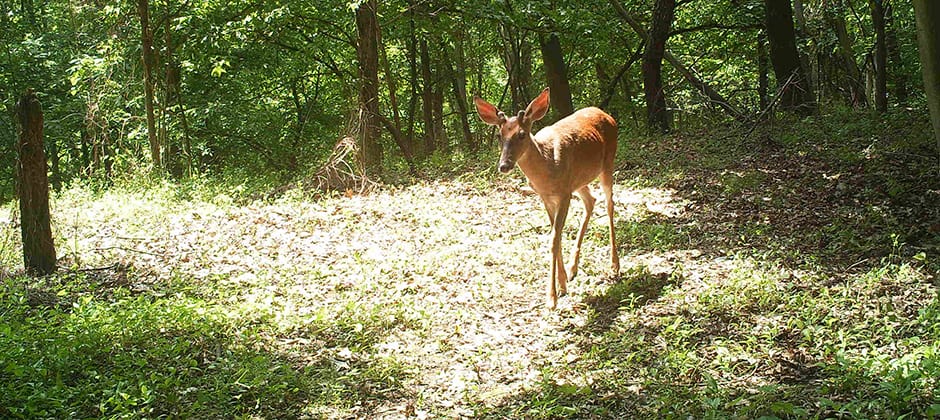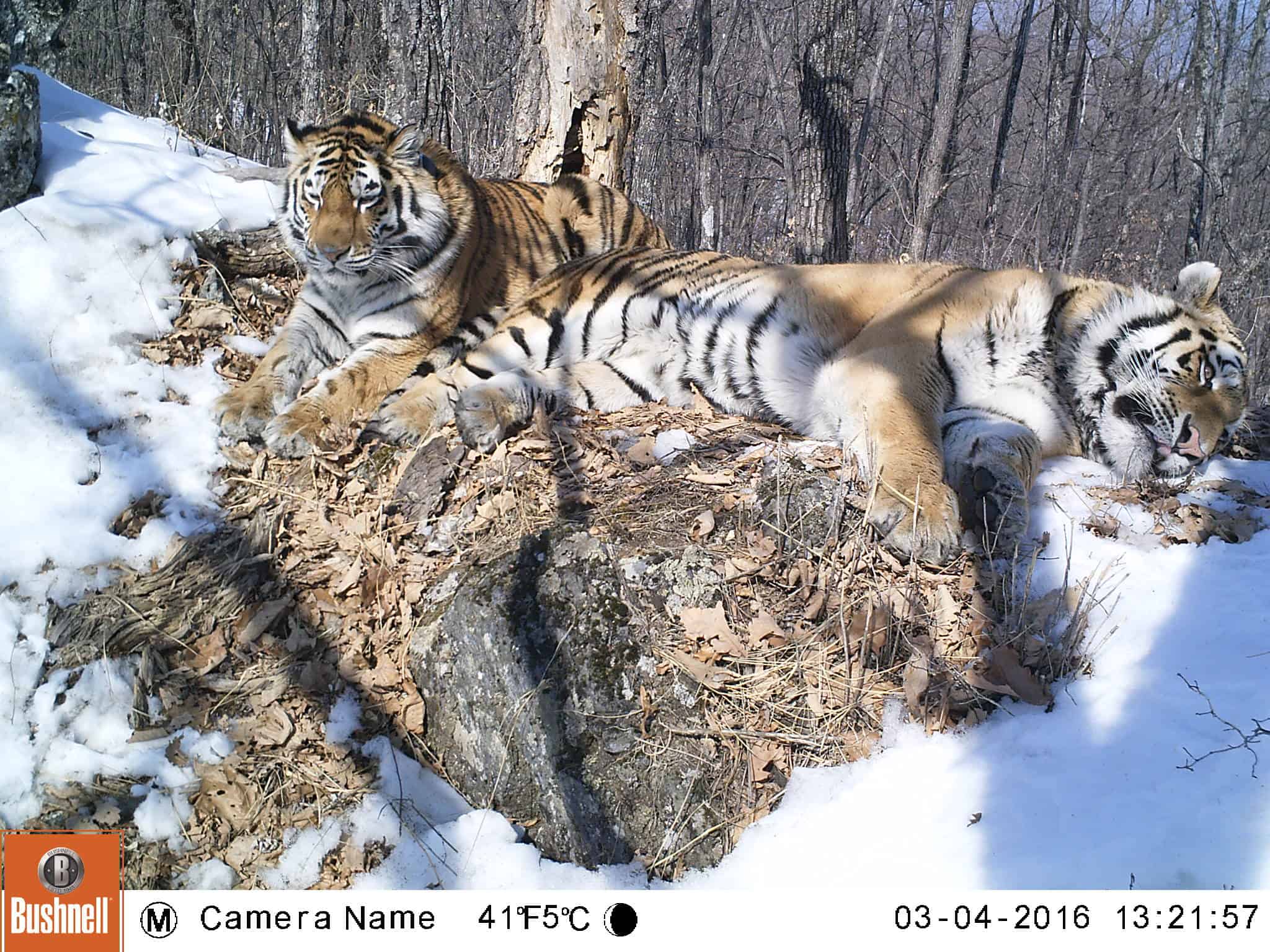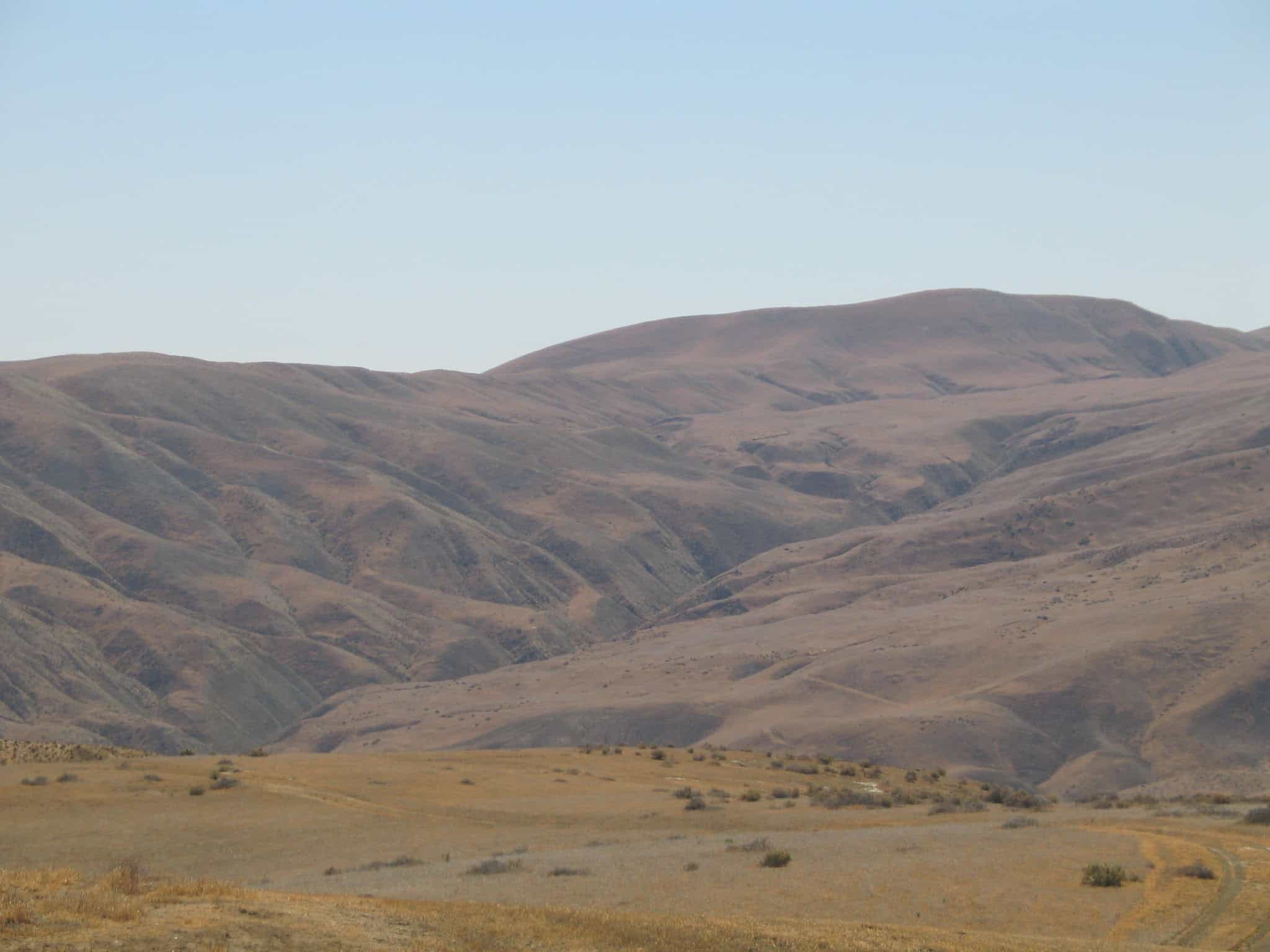Share this article
TWS council member testifies at hearing regarding CWD
TWS Northeast Section Representative Paul Johansen testified to members of Congress last week about chronic wasting disease and ways the federal government can help state agencies combat it.
The Chief of the Wildlife Resources Section at the West Virginia Division of Natural Resources Johansen appeared on behalf of the Association of Fish and Wildlife Agencies before the Subcommittee on Interior, Environment, and Related Agencies of the House Committee on Appropriations.
In the early 2000s, federal dollars were available to states to address CWD issues, Johansen, a Certified Wildlife Biologist, said in an interview, but those funds dried up by 2012.
“There were other priorities that came into play,” he said. “However, CWD has once again garnered significant interest. In part, it has to do with how the disease continues to spread across the landscape and pop up in areas where it was heretofore undetected. It’s also a recognition that this is an incredibly serious disease. I would characterize it as the most significant wildlife disease threat currently facing managers in North America.”
Johansen was among a group of experts called by Subcommittee Chairwoman Betty McCollum, D-Minn., to testify about ways the federal government could help state agencies deal with the deadly disease.
“This is a huge effort — an all-hands-on-deck approach, and many of our federal partners have been extraordinarily helpful in addressing these issues,” Johansen said.

Paul Johansen testified on behalf of AFWA regarding CWD funding.
Courtesy Paul Johansen
During his testimony, Johansen discussed the importance of directing funds toward CWD surveillance, monitoring, research and management, including the creation of more laboratory testing facilities.
“There are currently only 27 certified facilities in the country, and there are only certain approved protocols to test for the disease,” he said. “Developing additional laboratory capacity and a quicker turnaround time for obtaining CWD test results would be a good thing for both agency staff and hunters.”
Johansen also called for more human dimensions research, including how state fish and wildlife agencies could more effectively communicate with hunters and others concerned with CWD.
Since most states rely on hunting license funds and Pittman-Robertson dollars to manage CWD, more federal spending — including expanded federal appropriations for CWD management efforts and the proposed Chronic Wasting Disease Management Act — would free up those funds for other important conservation efforts, Johansen said. These actions, if enacted, would provide funding to support state efforts to develop and implement management strategies to address CWD. TWS has supported CWD legislation in this Congress, including the Chronic Wasting Disease Management Act
“While CWD remains a serious threat to deer, elk and moose throughout North America, I’m optimistic wildlife managers will continue to develop and implement appropriate strategies designed to address this disease,” he said. “There’s a lot of interest among hunters and members of Congress to effectively address the ramifications of CWD. Time will tell, but I remain hopeful we’re going to be able to more effectively implement management strategies to at least slow down the spread of this disease across the landscape.”
Header Image: TWS council member Paul Johansen testified on behalf of AFWA for more federal funding for CWD research and surveillance. ©USFWS








